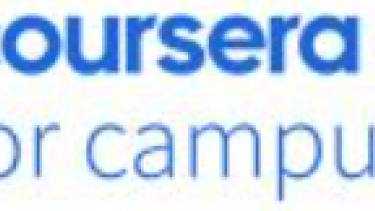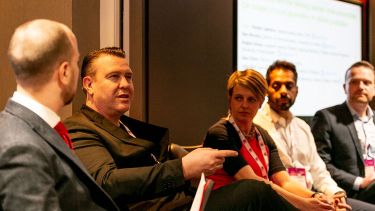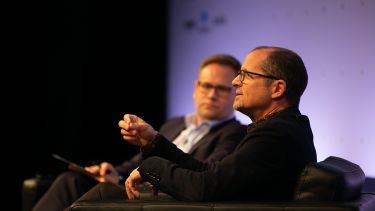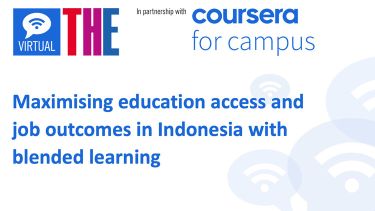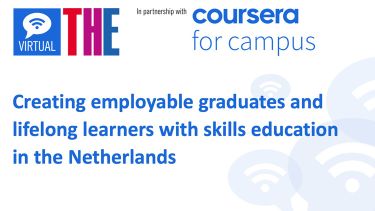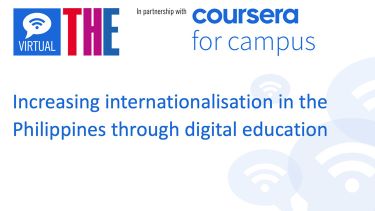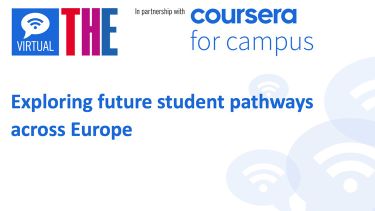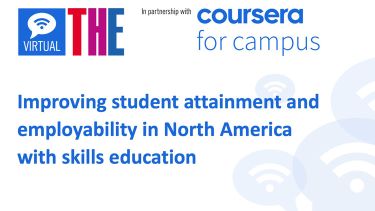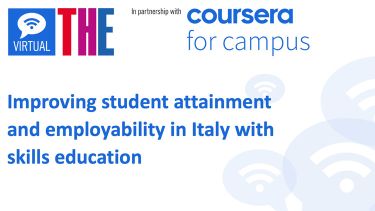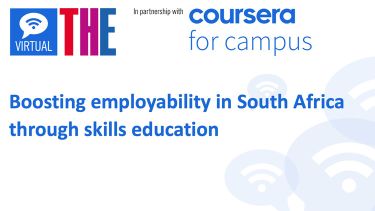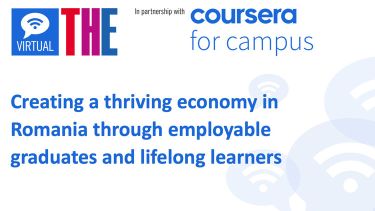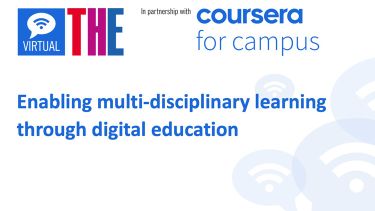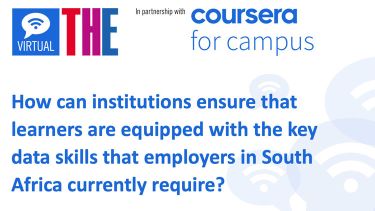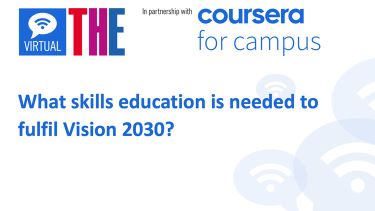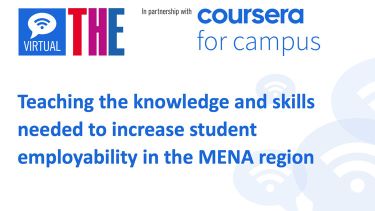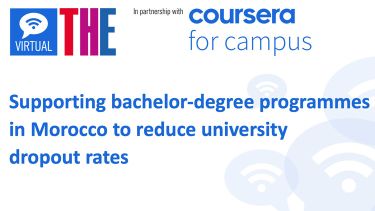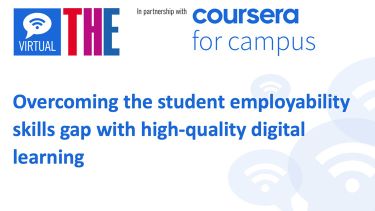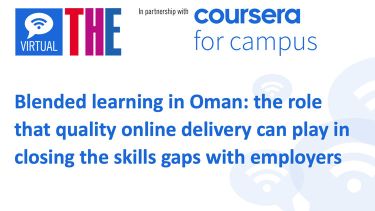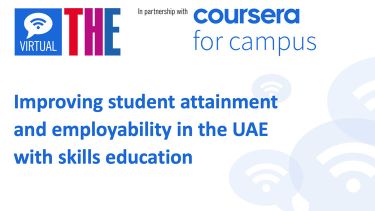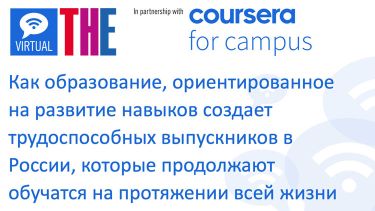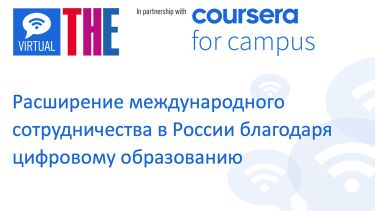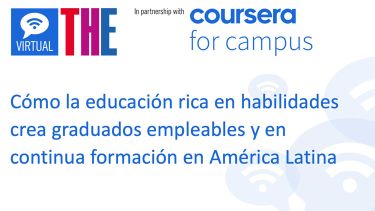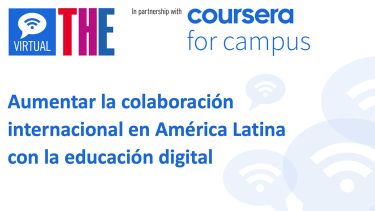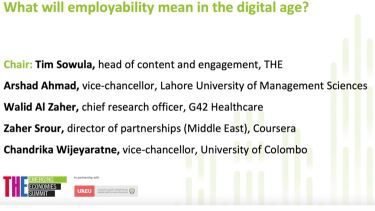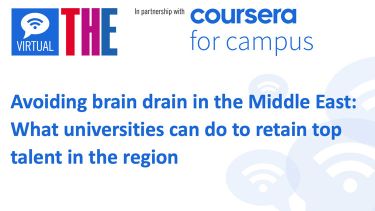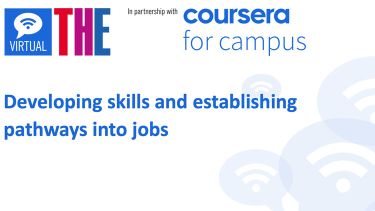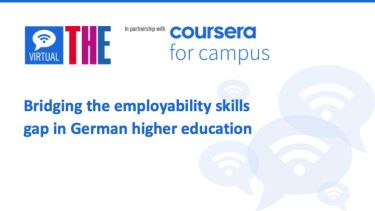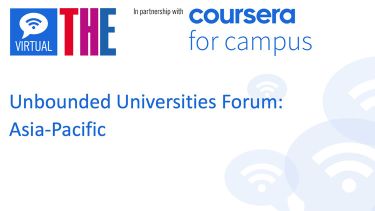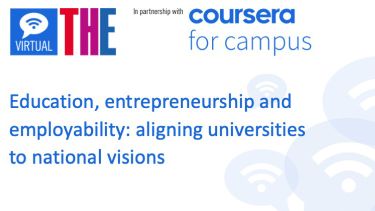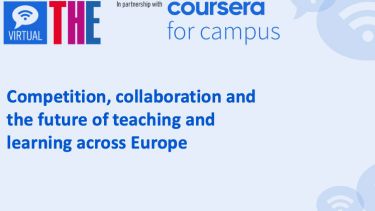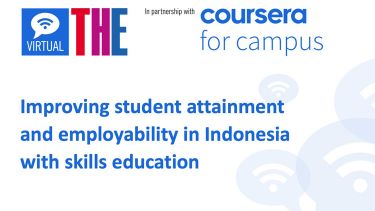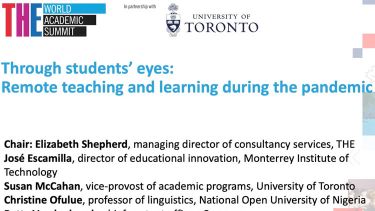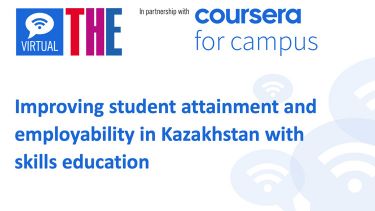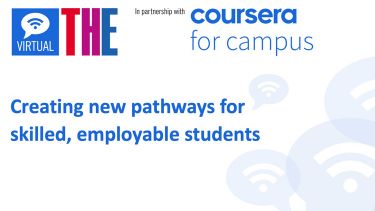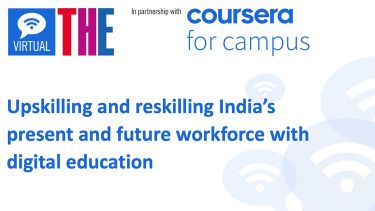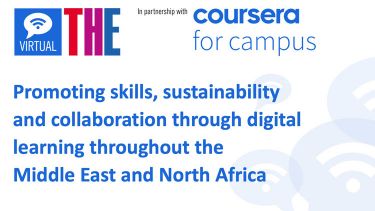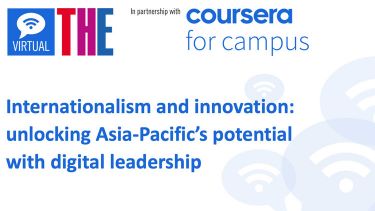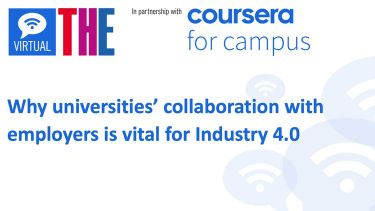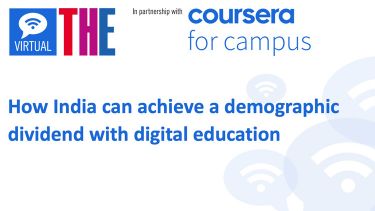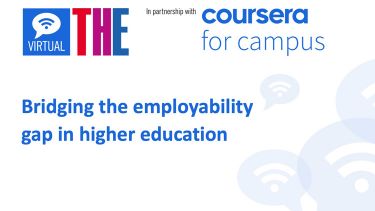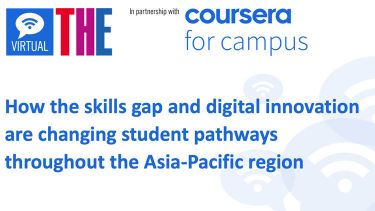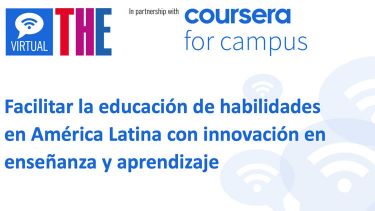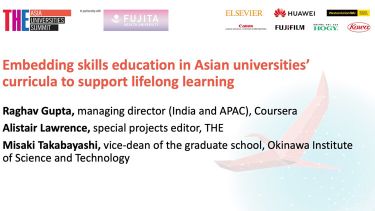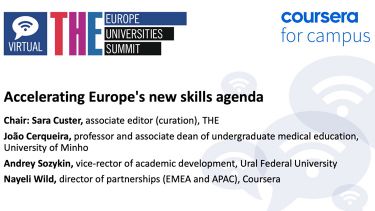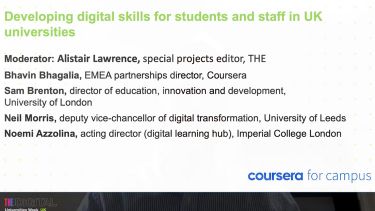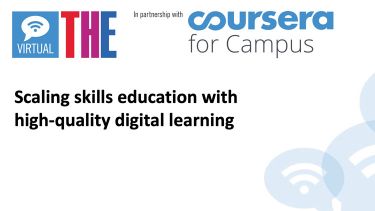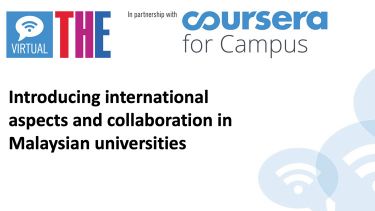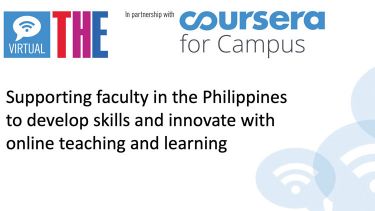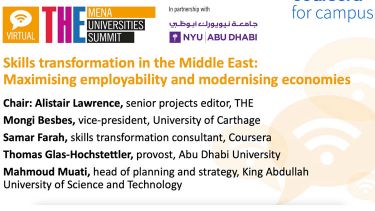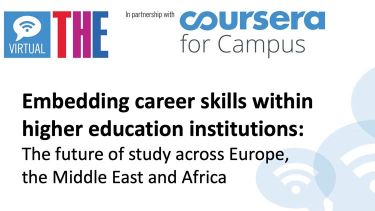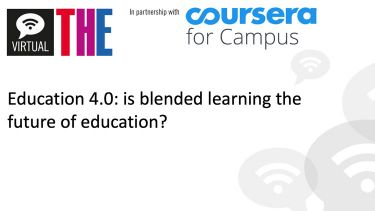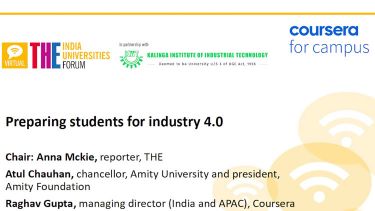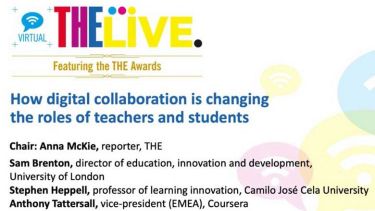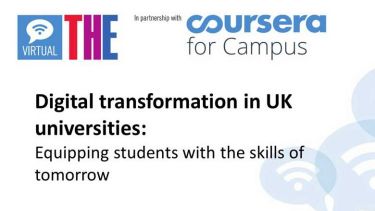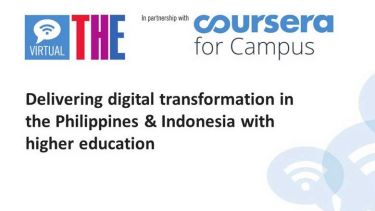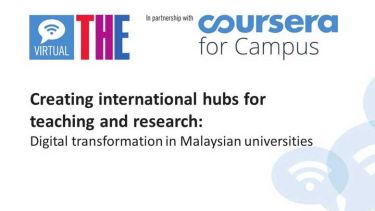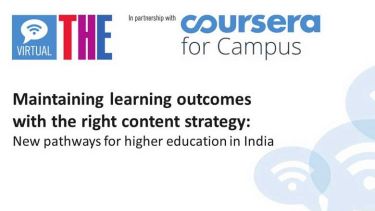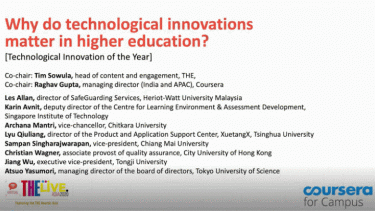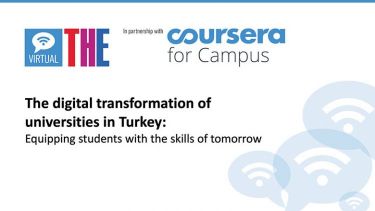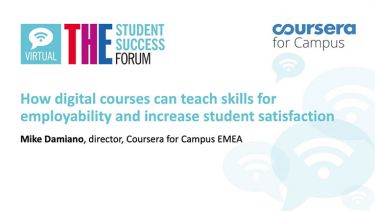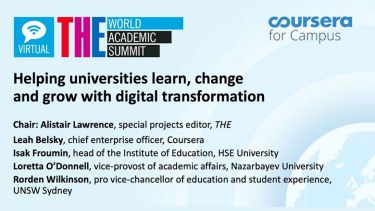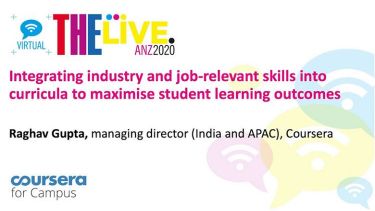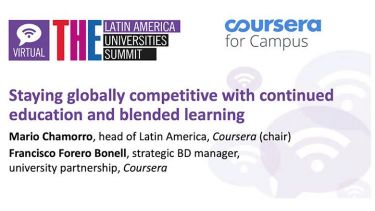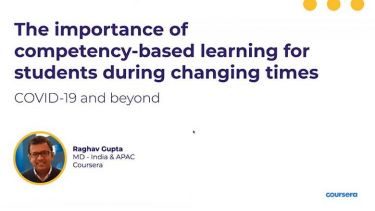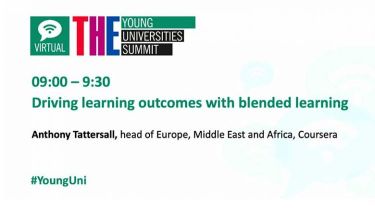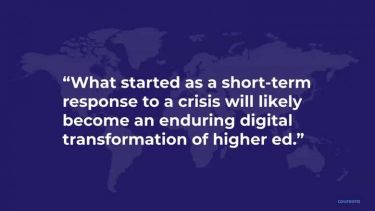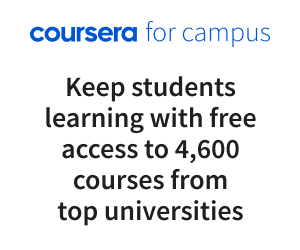Universities in the Philippines are adapting to the challenges of the pandemic to prepare students for the new world of work
Higher education institutions in the Philippines have undergone dramatic transformations as they adapt to a fast-changing world, adopting blended learning and facing future challenges while simultaneously meeting the needs of current students. The question now is whether they can maintain this agile mindset when implementing the skills training that students will need in the rapidly changing world of work.
Panellists agreed that blended curricula was the way forward and the benefits gained from online learning would be retained. Maria Luz Vilches, vice-president of Ateneo de Manila University, described how the university was in full consultation with faculty, students and parents about the adaptive mode for the next academic year.
Paul Bernard Salita, the university’s head of quality assurance management and compliance, suggested that online synchronous and asynchronous learning should be something universities retain, making use of its opportunities for quick delivery.
However, there are drawbacks to consider. Harold Culala, dean of education at Far Eastern University in Manila, said the focus on blended learning had come at the expense of discussion of academic policies. Far Eastern first adopted blended and online learning in 2014. “We looked at different academic policies – attendance, teacher training, faculty evaluation. I think these are not discussed…What I think we should start talking about is the preparedness of academic policies,” Culala said.
Culala described how Far Eastern’s ongoing student surveys had highlighted digital access issues, especially for students in the provinces. Teresa Perez, vice-president of academic affairs at Centro Escolar University, said her institution had recalibrated the semester into learning blocks that emphasised asynchronous learning, which helped address access issues.
Beyond adapting teaching, universities must also prepare graduates for the world of work. Eklavya Bhave, sales lead at Coursera, outlined the challenges of the predicted massive increase in digital jobs: “Emerging job opportunities require digital skills.” But feedback from companies shows students are not being adequately prepared.
Coursera works with universities, not just on core curricula where Coursera content can be leveraged, but on preparing students for emerging skills. “They are relevant irrespective of the discipline studied…Skills for entry-level graduate jobs are attainable.”
With its SkillsSets programme, Coursera provides a “predefined learning plan, with no guesswork by faculty or student” and hands-on learning via virtual labs and simulations. “In a nutshell, we work with universities in two areas: career services, and curriculum integration. That future-proofs curricula, integrating our content at course and programme level,” Bhave said.
Laurene Chua-Garcia, vice-president for external relations and internationalisation at De La Salle University, emphasised the importance of lifelong learning: “Every student has to complete job training…We have strong industry links and embedded internship programmes.” But she emphasised the need to ensure industry partners are meeting students’ needs: “We want to protect students as well as give them skills.”
For Maria Luz Vilches, soft skills are a non-negotiable part of the core curriculum. “Many students are digital natives, so other skills will be learned on the job,” she said.
Bhave acknowledged the importance of soft skills in an especially challenging era. “Digital skills are very important but are short-lived and keep changing. Most universities are grappling with the skills relevance challenge. We can help where it is not possible to change the curriculum,” he concluded.
The panel:
- Eklavya Bhave, sales lead, Coursera
- Paul Bernard Salita, head of quality assurance management and compliance, Ateneo de Manila University
- Harold Culala, dean of education, Far Eastern University, Manila
- Laurene Chua-Garcia, vice-president for external relations and internationalisation, De La Salle University
- Teresa Perez, vice-president for academic affairs, Centro Escolar University
- Aloysius Maranan, president, San Beda University
- Ana Marquiza Quilicot, head of international affairs office, Visayas State University
- Maria Teresa Trinidad Tinio, senior vice-president for academic affairs, Far Eastern University, Manila
- Maria Luz Vilches, vice-president, Ateneo de Manila University
- Ashton Wenborn, special projects deputy editor, Times Higher Education (chair)
Watch the round table on demand above or on the THE Connect YouTube channel.
Find out more about Coursera for Campus.


